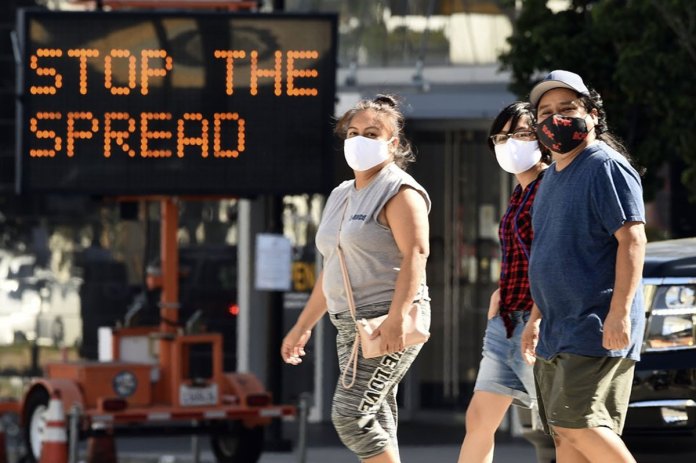Back in February, right when the US was starting to grapple with the first problems of the coronavirus infection, conservative political commentator Rush Limbaugh gave voice to one of the earliest disregards of what would become a pandemic—”Coronavirus is like the common cold, and all of this panic is just not warranted.”
It turns out that fewer than 6 months afterward, the number of Americans that have died due to complications of coronavirus infection surpasses the total number of U.S. dead during World War I. Comparing the fatalities and policies of the U.S. and other countries, a large number of the Americans who died from this pandemic might have been saved by measures demonstrated by others to have been feasible.
As the CDC estimates that as many as 56,000 people die from the flu or flu-like illness each year, we can definitely say the coronavirus is not like the common cold.
While President Trump, his most ardent backers no matter what—GOP elected Congressmen and women, Republican Senators and governors—and White House staff struggled to offer a cohesive message and comprehensive long-term policy to steer the nation out of this crisis based on science and common sense, the side effects of the disease are jetting out of every fabric of our nation with devastating force—recession, distrust, and uncertainty now rein where economic proliferation, civic guidance, and sound judgment in practical matters once set America apart from the rest of the world.
America is fighting the virus spread in the most chaotic jumble and reckless way.
We’re failing to wear masks that are recommended in public settings and when around people who don’t live in the same household, especially when other social distancing measures are difficult to maintain. The rejection of this guidance has streamed perceptibly from the Commander in Chief down.
We’re failing to outline a complete plan that includes all or nearly all elements or aspects of the recovery, instead, the response since the beginning has been politicized and exploited as a political campaign where the Commander in Chief uses the podium of the highest office in the land to make a political pitch for his own reelection rather than leading.
We’re failing to understand the scope and reach of this silent killer (and this falls on every one of us, not just our leaders). Just try to understand this: the coronavirus pandemic sent the U.S. economy plunging by a record-shattering 32.9% annual rate last quarter and is still inflicting damage across the country, squeezing already struggling businesses and forcing a wave of layoffs that shows no sign of abating.
It will take years for that damage to be fully recovered because the virus has taken square aim at the engine of the American economy — consumer spending, which accounts for about 70% of activity. And the risk of temporary job losses becoming permanent is high.
There’s little hope of a swift recovery. Tentative hopes have been diminished by a resurgence of viral cases. So, what will be of our great nation if a second surge does happen in the fall if now cases are rising in close to 30 states and we are mishandling the outbreak?
As it is frustrating and demoralizing, there are broad opportunities to do the right thing, even at the cost of political aspirations.
We can’t fully recover until the pandemic is defeated.
—
Our editorials present our news outlet’s opinion on certain issues. They provide analysis of the news for a deeper understanding of current events and not necessarily a political endorsement.
As always, first read, then decide.
—


